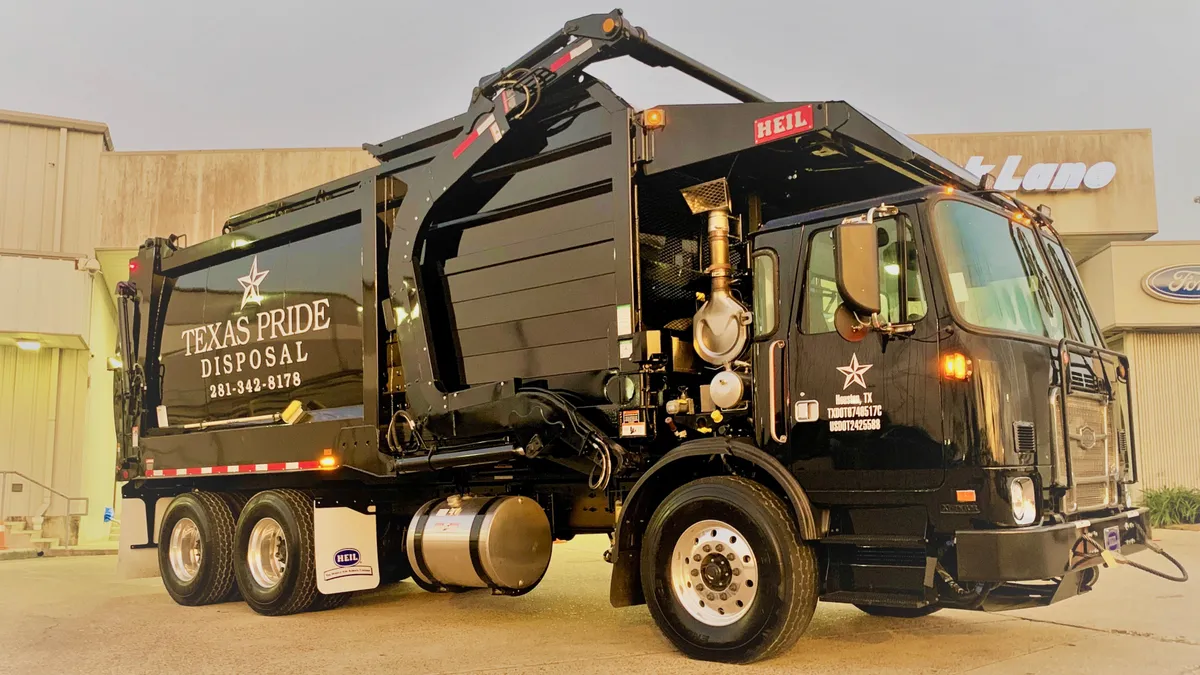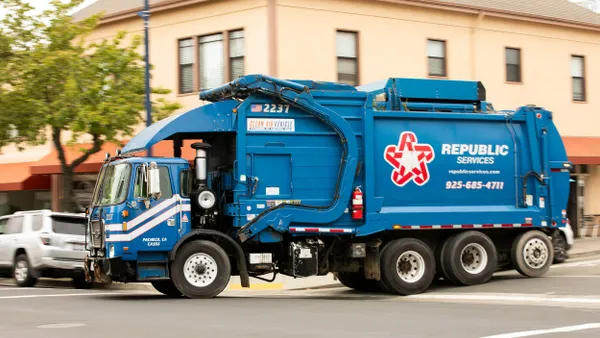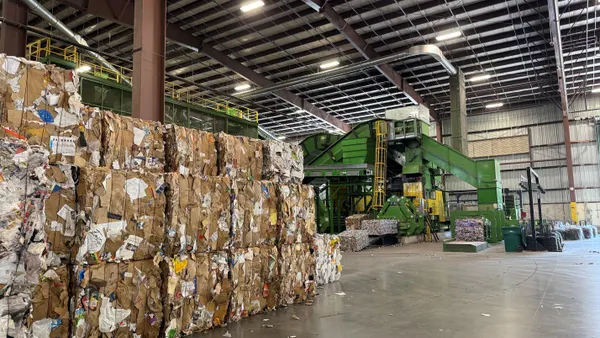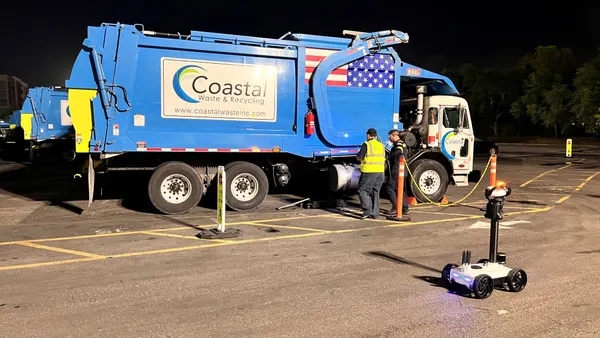The waste and recycling industry has a reputation for being slow to adopt new technology, particularly independent haulers. But that narrative has become increasingly more complex in recent years, with many smaller companies now saying such investments are unavoidable.
During a virtual WasteExpo session on Tuesday, four private haulers from different regions described generally positive experiences with technology investment in recent years and encouraged others to follow suit. They said some of these moves had helped them become more profitable, improved safety and been worthwhile despite initial learning curves. All agreed that targeted investments in back-office systems, cameras, routing software and other fleet enhancements have started to become a necessity for smaller haulers during a period of heightened industry consolidation.
“If you’re not using technology to make you the most efficient you can be, it’s really hard to compete with the largest [companies] in the industry," said Bill White, co-founder of Indiana-based Estes Waste Solutions.
White and others said they frequently go up against much larger national or regional companies in their markets, and sometimes technology investments help them win contracts.
Kevin Atkinson, president and owner of Texas Pride Disposal, pointed to exterior vehicle cameras as a key factor in winning new municipal contracts for the Houston-area cities of Katy and Alvin over some of the nation's largest players. If and when residents call to complain about missed pick-ups or other issues, the company will now have video evidence to assess those claims.
For Illinois-based PDC Services, the decision to invest in compressed natural gas (CNG) vehicles in the early 2010s helped it stand out from a pricing standpoint in municipal bids. Larger players in the state made similar CNG investments in urban markets, but not more rural areas, and were more affected by fluctuating diesel prices.
“With CNG that gave us a big cost advantage versus those national players when we did a long-term contract and we had fixed costs with fuel, which they did not," said Matt Coulter, PDC's vice president of sales and strategic operations.
Figuring out how to prioritize spending in these new areas can be challenging for smaller companies that may not be able to convert all of their systems in short order. Investments directed toward employee safety and customer service repeatedly came up as some of the most logical places to start. But speakers said when a small company is growing, it can be hard to balance these needs with the desire to purchase more trucks or containers. For Atkinson, whose company started with two trucks in 2013, spending on GPS or back-office systems have proven equally important over time. In some cases, he even wishes the investments had been made sooner.
“I think you have blinders on at some times to the fact that those tools, while not necessarily generating revenue, can save you a lot of money in the long term," he said. “Whether it’s a five-truck operation or a 5,000-truck operation, those benefits are there to be had."
Moderator David Ische of AMCS Group also recognized the challenges of making these shifts from both a cultural and technical standpoint, prompting multiple panelists to recall times when either frontline workers or higher-level leadership was initially resistant. PDC's Coulter described one unsuccessful experience attempting to implement onboard computing that failed for multiple reasons, including a lack of support from the local union.
“So our driver culture and our employee culture was not ready for that. Even though we thought we were from a corporate standpoint," he said.
Alex Carrasquillo, fleet technology manager at Connecticut-based All Waste, described his company's own adaptation around changing maintenance needs as well as the inevitable trial and error period for new features. When All Waste tested a scale to weigh containers on its front-end routes, the original devices didn't work and had to be uninstalled. While that was a frustrating experience, Carrasquillo said it wasn't a roadblock and the company found a new scale to use.
“You don’t have to just say 'well this is the best we can get,'" he said. “Don’t ever think you have to settle for or just be okay with it."
Throughout the session, the group repeatedly came back to the need for smaller haulers to push themselves beyond their notions of how the industry has been historically. They said the days are gone when companies can remain viable long term by keeping customer lists or route maps in spiral notebooks and simple computer documents, resisting the idea of onboard computing and cameras, or delaying the consideration of alternative fuel investments. In some cases this may be difficult for certain industry veterans or family-run businesses, but in their view the status quo is untenable.
“We’re a very reactive culture and industry, we always have been, and we have to be proactive in everything we do these days," said PDC's Coulter.
While the major industry agglomerates may always have the upper hand in terms of financing and organizational size, speakers said their experiences show smaller haulers can have a unique edge of their own.
"As small independents, we have the ability to move much faster than the largest players in the industry. And if we do that, that’s our competitive advantage," said White of Estes Waste. "For them to do something to make a system-wide change is like moving a battleship. For us it’s like moving a jet ski, we just get on and go."












